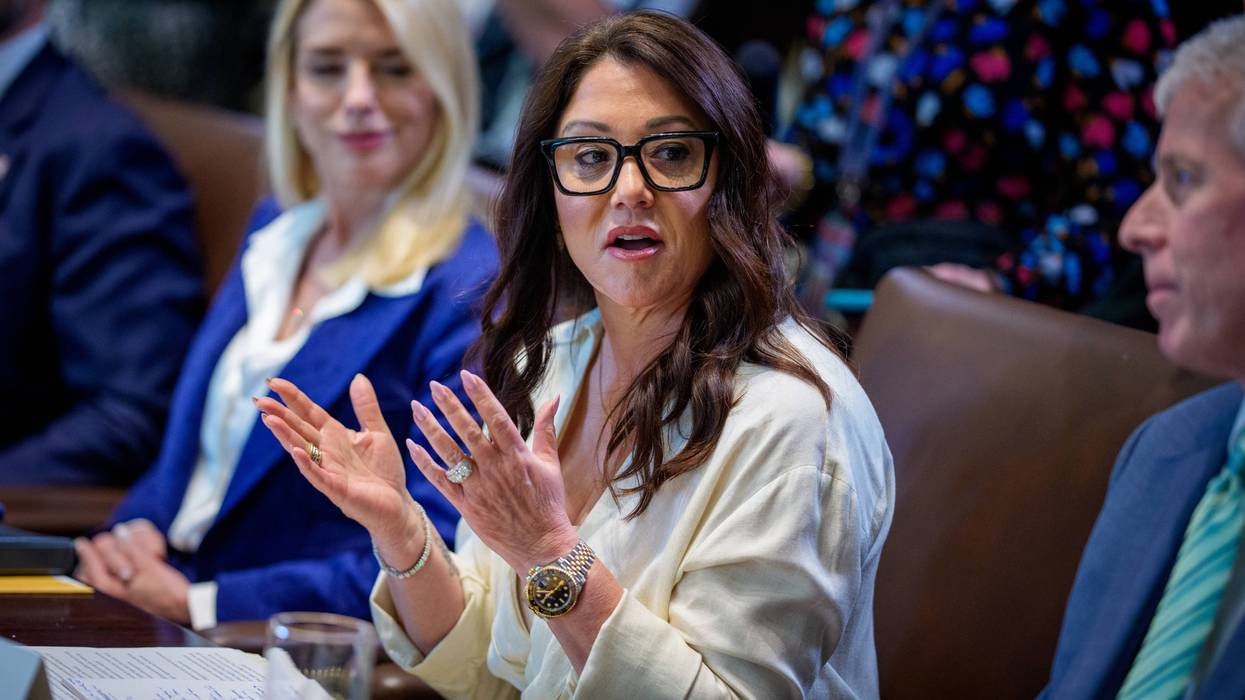President Obama should fulfill his campaign and transition policy
commitments to strengthen whistleblower rights to effectively fight
waste, fraud and abuse in unprecedented government spending, the Make
It Safe Coalition said in a letter it sent the president today. The
bipartisan coalition includes good government, consumer protection,
civil liberties, transparency, labor, scientific and taxpayer rights
groups that represent hundreds of thousands of people.
In the
letter, the coalition asks the president to strongly endorse
legislation that would protect from retaliation federal employees who
expose waste, fraud, abuse, suppression of federal research, and
threats to public health and safety, and give them access to jury
trials. The groups also asked that the President direct federal
government agency heads to institute "no-retaliation" policies for
employees.
The groups' letter states:
With each
passing day, more taxpayer dollars are at risk and more federal workers
are threatened. Now is the time to realize your promise of openness and
support for the protection of the civil servants who will implement out
your policies. True transparency and accountability cannot be achieved
without your commitment, leadership, and support for legislative
change.
The Obama administration has taken steps to
improve transparency and accountability in the federal government. It
initiated the Open Government Directive, and issued a recent memorandum
to agency heads directing them to adopt appropriate whistleblower
protections to ensure scientific integrity.
But a signing
statement issued by the president on March 11, attached to H.R. 1105,
the omnibus spending bill, contradicts those earlier steps and could
have a chilling affect on lawful whistleblowing disclosures. The
signing statement qualified a small but critical provision that would
deny a salary to a federal manager who "interferes with or prohibits
certain communications between federal employees and Members of
Congress." The statement said the provision would not prevent the
administration from supervising, controlling or correcting "employees'
communications with Congress in cases where such communications would
be unlawful or would reveal information that is properly privileged or
otherwise confidential." In its letter, the groups recognized that the
signing statement is open to varying interpretation, but expressed
concern that this statement could be interpreted as a warning to
federal workers against publicly communicating unclassified
information, contrary to their long-standing rights under the law.
The groups urged President Obama to make his position clear and take
three concrete steps to fulfill his commitment to transparency and
accountability through strengthened federal employee whistleblower
rights:
- Commitment: Reaffirm his strong
endorsement of reforms for federal whistleblower rights made in his
campaign statements and transition policy - reforms providing
best-practice free speech rights, including full court access for all
whistleblowers funded by taxpayers and coverage of government
contractors - and the appointment of a liaison responsible for
interacting with whistleblower advocates as set forth in his May 8,
2007, response to a candidate survey. - Change:
Actively support the swift enactment of strong whistleblower
protections, such as those in the bipartisan H.R. 1507, sponsored by
Rep. Chris Van Hollen (D-MD) and Rep. Todd Platts (R-PA), in advance of
congressional hearings this year, and communicate that message
specifically to Attorney General Eric Holder. The president's help will
ensure that Congress enacts strong, comprehensive federal whistleblower
protection legislation that gives all federal employees a functional
administrative process and access to jury trials. - Leadership:
Issue and enforce a directive to all agency managers that they must not
tolerate any retaliation against federal employees who expose waste,
fraud, abuse, suppression of federal research, threats to public health
and safety, and illegality. While this directive alone will not resolve
the need for improvements to the law, it will help to send a strong
message of support for federal employees and help to end the culture of
secrecy.
To read a copy of the letter, go to: https://www.whistleblower.org/doc/2008/Letter%20to%20President%20on%20Whistleblower%20Protections.pdf
Contacts
Mike German, American Civil Liberties Union, (202) 675-2312
Charity Wilson, American Federation of Government Employees, (202) 639-6440
Tom Devine, GAP, tomd@whistleblower.org
Michael Ostrolenk, Liberty Coalition, (301) 717-0599
Lindsey M. Williams, National Whistleblower Center , (202) 342-1903
Dina Long, National Treasury Employees Union , (202) 572-5500, ext. 7058
Patrice McDermott, OpenTheGovernment.org, (202) 332-6736
Marthena Cowart, Project on Government Oversight, (202) 347-3958
Angela Canterbury, Public Citizen, (202) 454-5188, acanterbury@citizen.org
Celia Wexler, Union of Concerned Scientists, (202) 390-5481
Dane vonBreichenruchard, U.S. Bill of Rights Foundation, (202) 546-7079




